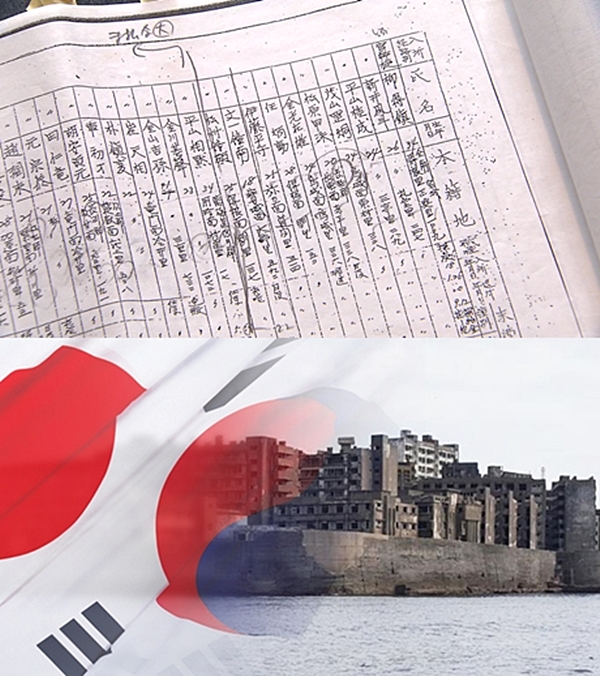
‘The world is now’
[더셀럽 전예슬 기자] ‘The world is now’ focuses on the small pink of China and the warship island of Japan.
The conflict between China and western countries such as the United States over human rights in Xinjiang Uyghur is developing into a boycott in China. Global brand products such as H&M, Nike and Adidas, which said they would not use Chinese Xinjiang cotton produced by forced labor by the Uighurs, are being boycotted by Chinese.
The boycott began on the 22nd when the United States and the EU announced sanctions against Chinese officials who were involved in the suppression of Uighur human rights. Since then, Chinese’Communist Youth’ posted a boycott of Xinjiang cotton boycott announced last year by H&M on the Weibo account of Gongcheongdan, and the boycott of SNS users spread like wildfire.
As seen in this boycott, exclusive patriotism in which collective anger is poured out by just looking at negative comments on China is becoming more and more intensifying in China, and at the center of it is a young generation called ‘Xiao Funhong.’ .
These groups, which started in’Small Pink’, named after the website of Korean and Japanese international students in 2016, are expressing blind Chinese territorialism and patriotism by expanding to the entire SNS network, especially focusing on liberal countries and people who are in conflict with China. They are attacking.
Recently, on social media, the activities of’small pink’, such as claiming that Korea’s kimchi and hanbok are their own culture, are focused on Korea, raising concerns.
The island of demons, warships, where Koreans were forcibly conscripted during the Japanese occupation. On the 31st of last month, the warship exhibition hall celebrated its one year opening. The Japanese government promised to convey the fact that it was controversial even when it was listed as a UNESCO World Heritage Site in 2015, but the opened exhibition hall is filled with records denying forced labor.
Still, the Japanese government insists that there was no’slave labor’, including discrimination against Koreans on the island of warships, and that the salary was properly paid.
The KBS interview team obtained the position of the Japanese government and the data that were completely contradicted by the Japanese government. Just after the end of the war, in 1946, the Japanese authorities instructed Mitsubishi Corporation to create a “unpaid list of salaries, etc. for Koreans”. Only the revealed unpaid amount is 224,000,862 yen. A whopping 1299 people are paying in arrears, which is equivalent to billions of dollars in current value.
The Japanese government claims that the right to claim unpaid wages to individuals was extinguished by the 1965 Korea-Japan Claims Agreement, but personal assets have nothing to do with the agreement between the governments. The Korean government is currently requesting UNESCO to cancel the registration of Gunhamdo Island as a World Heritage Site, and will be discussed at the UNESCO conference in July.
‘The World is Now’ airs every Saturday at 9:40 pm.
[더셀럽 전예슬 기자 [email protected] / 사진=KBS 제공]
